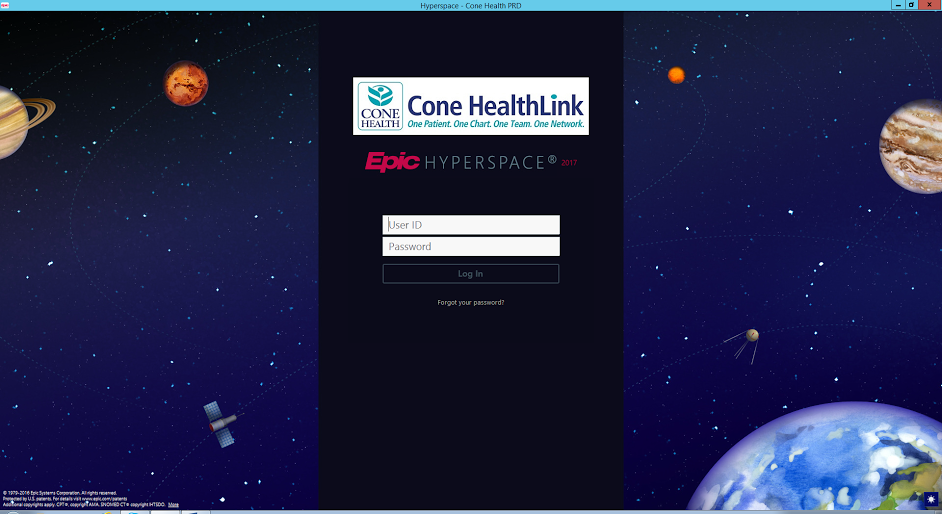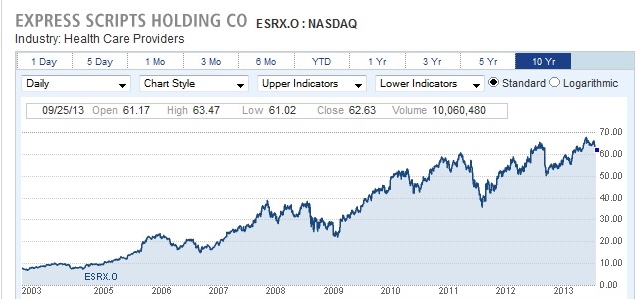I’m back at it again, talking about my continued love/hate relationship with EMR’s. From my conversations with doctors at different hospitals in our region, it seems that most docs appear to be falling into the “hate” column. Meanwhile, I’m still chugging along with the Allscripts Professional EHR that’s been installed in my office. And while it works just fine for the needs of a 3 physician single-specialty outpatient practice, it’s hardly the type of technology that, by itself, can change medical care for the better for a large number of people.
A recent study challenges that notion. In a study published in Chest, researchers in England sought to determine if inhaled steroids are a risk factor for pneumonia among asthmatics. It has already been shown inhaled corticosteroids are associated with an increased risk of pneumonia among patients with COPD. To determine this they looked at a database of medical information known as The Health Information Network (THIN).
In the UK, EMR’s have been in use for years, and general practitioners are encouraged (but not required) to participate in THIN. When a general practice elects to participate in THIN, software is installed in their EMR which runs in the background. The program collects data, while de-identifying it. The anonymized data is then uploaded to THIN, where approved researchers may have access to it. There is no cost to the practices for participating, and in return for their participation practices not only receive in depth practice metrics, they also receive a percentage of any research revenue generated from the use of the THIN data. At the time that the study was conducted, the database contained data from 9.1 million patients.
But back to the question at hand. From a cohort of 359,172 people with asthma the researchers were able to identify 6857 people with pneumonia, along with 36,312 control subjects. They were thus able to find a positive correlation between inhaled steroids and pneumonia. (for more on these findings, see my previous post: ) Continue reading “A Dream About U.S. EMR’s; A Reality in th U.K.”




